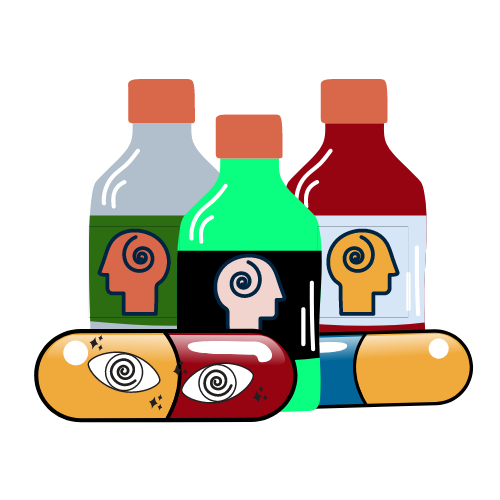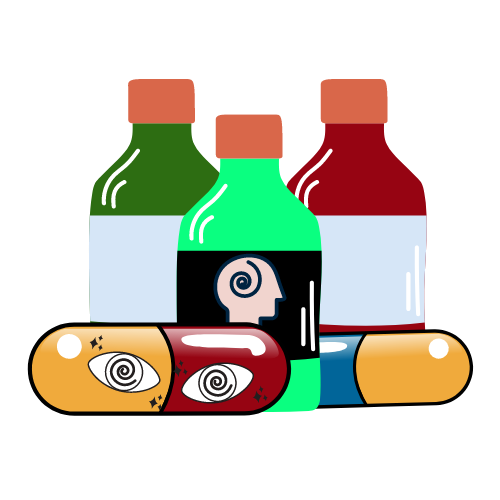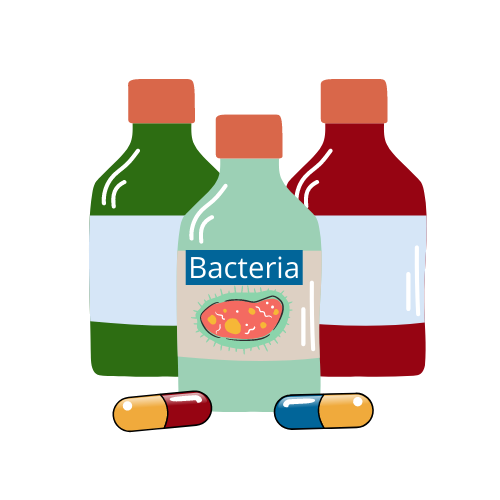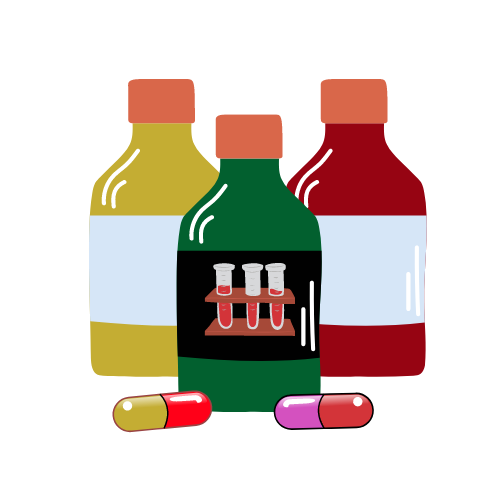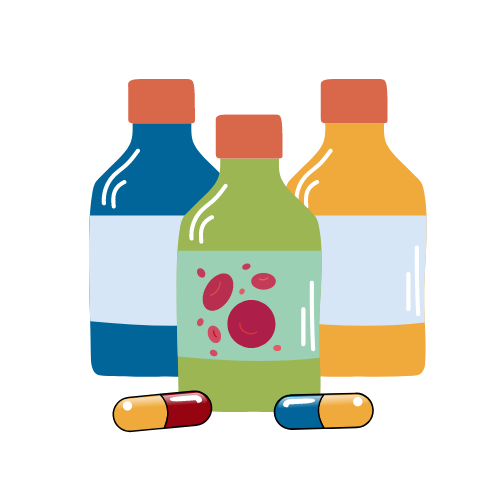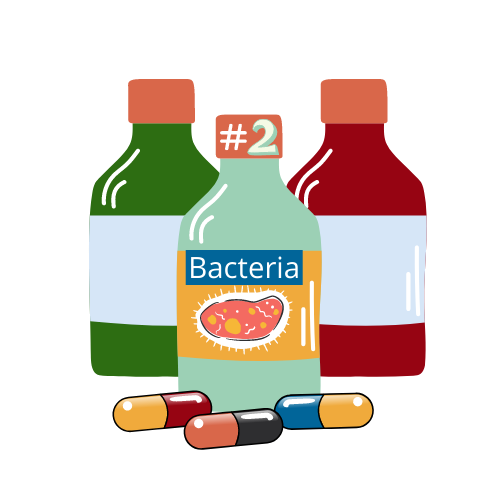Category: PHARMACOLOGY
Pharmacology is a crucial medical specialty that focuses on the study of drugs and their interactions with the human body. It plays a pivotal role in understanding how medications work, their efficacy, and potential side effects.
In this field, pharmacologists conduct research to discover and develop new drugs, ensuring they are safe and effective for patient use. They also study drug metabolism, pharmacokinetics, and pharmacodynamics to optimize treatment outcomes.
Pharmacology influences medical practice by providing healthcare professionals with essential information on drug dosages, drug interactions, and personalized treatment plans. This ensures that patients receive the most appropriate and beneficial medications for their conditions.
With advancements in pharmacology, medical professionals can better treat diseases, manage symptoms, and improve patient care. A strong understanding of pharmacology is vital for prescribing drugs responsibly and enhancing overall healthcare standards.
Pharmacology is a scientific discipline concerned with the chemical properties of drugs and their classification.
It encompasses:
- galenic pharmacy, which refers to the manufacture of drugs, their storage, their mode of administration, etc;
- pharmacodynamics, which studies the effects of active substances on the body;
- pharmacokinetics, which deals with how the body absorbs, distributes,
- processes and eliminates drugs;
- the prescription rules, and in particular the indications or contraindications to taking a particular medication, the dosage, etc.

